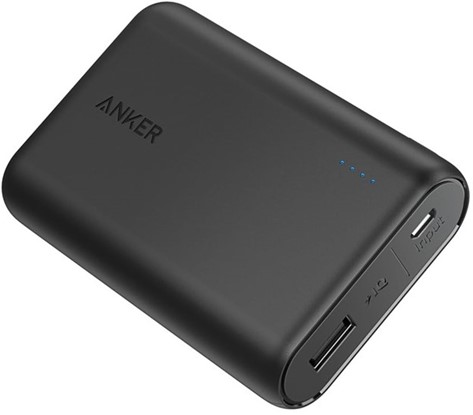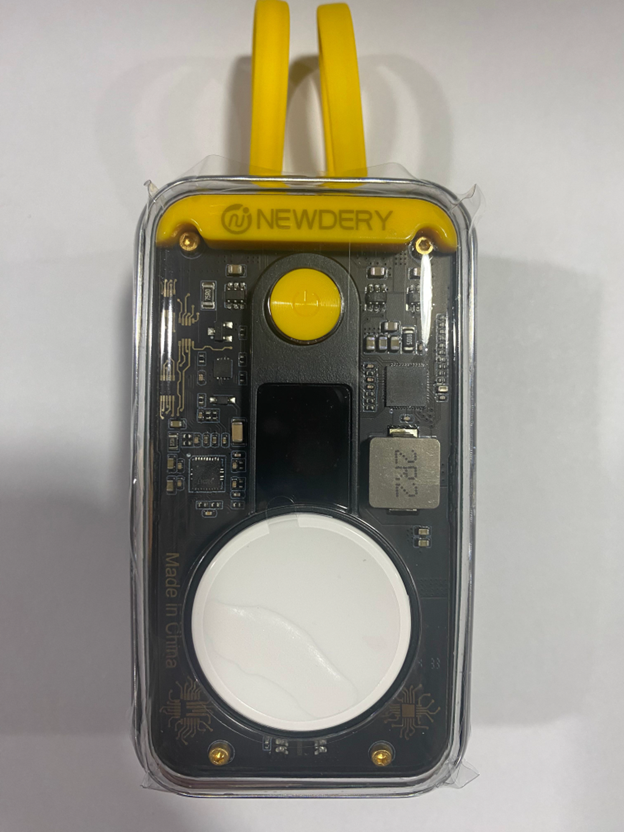
North Carolina Settlements: Unsigned, Sealed, and Delivered
Overview | Blog Posts | Subrogation & Recovery | Scott Hefner | Related | Print | Share
December 2, 2020
Covid-19 has turned mediations on their head. The parties are no longer together in well-appointed conference rooms trying to work out their differences. Instead, they are “together” in Zoom rooms with kids or dogs making noise in the background. Despite the unconventional set up, a high percentage of disputes still resolve at mediation.
Once resolved, remote or virtual mediations pose problems for the execution of settlement documents. In many instances, the parties’ counsel sign a memorandum of settlement on their clients’ behalves and then subsequently draft a more complete settlement agreement for execution by the clients. The North Carolina Court of Appeals recently held that agreements signed by the parties’ counsel result in unenforceable settlement agreements.
In Mitchell v. Boswell, No. COA19-1077 (N.C. Ct. App. Nov. 3, 2020) both parties were out of state at the time of the mediation, so it was conducted with the attorneys and mediator present while the parties were on the telephone. At the conclusion of the mediation, counsel and the mediator created a memorandum of settlement that outlined the terms of the resolution. The attorneys signed the memorandum of settlement on their client’s’ behalves.
After the mediation, plaintiff’s counsel drafted a settlement agreement consistent with the terms of the memorandum of settlement. Defendant refused to sign the settlement agreement or otherwise resolve the case. Plaintiff filed a motion to enforce the memorandum of settlement. The trial court granted the motion to enforce finding that the memorandum of settlement was a binding contract and that the parties’ counsel had authority to execute the memorandum on behalf of the parties.
On appeal, the Court of Appeal reversed the trial court’s finding that the memorandum of settlement executed by counsel did not comply with the statute of frauds applicable to settlement agreements. N.C.G.S. 7A-38.1(1) states, “[n]o settlement agreement . . . shall be enforceable unless it has been reduced to writing and signed by the parties against whom enforcement is sought.” The Court held that “the parties”, as used in the statute, could not be construed to include the parties’ counsel. Accordingly, the Court held that the memorandum of settlement was unenforceable as a matter of law.
In a footnote, the Mitchell opinion acknowledged the increased use of remote and telephonic attendance at mediation. Without expressly blessing the use of electronic signatures and without further analysis, the Court “observed the current availability” of North Carolina’s Uniform Electronic Transaction Act. See N.C.G.S. § 66-311 et. seq. The Court has previously held that electronic signatures are given the same legal recognition as traditional signatures and may satisfy the statute of frauds if all parties consent to electronic signatures. See Powell v. City of Newton, 364 N.C. 562 (2010).
The Mitchell opinion serves as a cautionary tale during this time when most mediations are remote. Counsel must make arrangements with their clients and opposing counsel to ensure that all parties have the capability to print, sign, and return an executed copy of the agreement to ensure its enforceability. To facilitate execution, the parties should consider adding provisions to the agreement that allow it to be signed in counterpart or electronically and permitting electronic or facsimile copies to be deemed originals. Until a signed writing by the parties is in hand, counsel would be wise to treat the matter as ongoing and adhere to all court and statutory deadlines.
For any further questions, please contact Scott Hefner.




